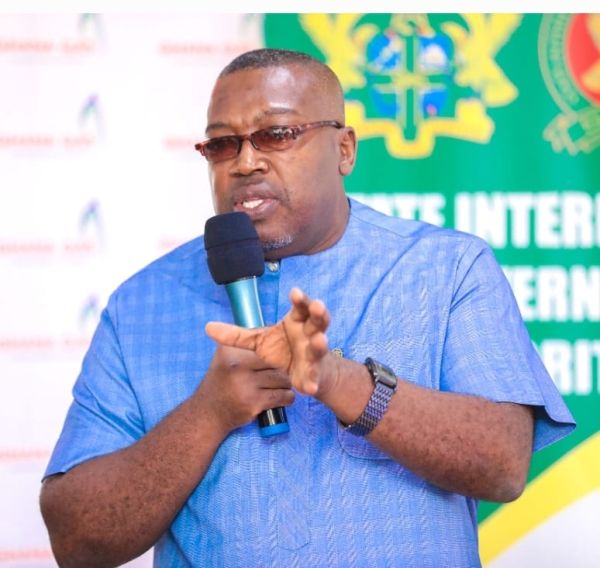Ghana National Gas Company (Ghana Gas) has saved the country $250 million through the usage of locally trainned engineers and technicians rather than the dependence on foreign Sinopec engineers.
The indigenization strategy which begun since the inception of the company coupled with a focus on operational efficiency have led to job creation.
Chief Executive Officer of Ghana Gas, Dr. Ben K.D. Asante who revealed these during the Meet the Press Series by the ministry of information highlighted the company’s progress since 2017 in building local expertise and contributing to national development.
“In April 2017, Ghana Gas fully indigenized the operations and maintenance of its Gas Processing Plant (GPP) and associated pipelines.
“This initiative has not only saved us substantial costs but has also created around 1,000 jobs, encompassing both permanent and contract roles,” Dr. Asante explained.
The Ghana Gas CEO further emphasised the company’s achievements in maintenance and safety standards.
He noted that since the indigenization process, Ghana Gas has successfully executed three major shutdown and maintenance projects. In addition, the company has earned the ISO 45001: 2018 certification, which underscores its commitment to Occupational Health and Safety Management Systems.
The CEO added that Ghana Gas is currently pursuing ISO 14001 certification for its environmental management systems, demonstrating a continued focus on sustainability and safety.
Dr. Asante pointed out that the company’s robust supply network has been instrumental in supporting industrial growth and power generation. Major clients, including Wangkang Ceramic, Sentuo Refinery, and Twyford/Keda Ceramic, have benefited from a steady supply of gas for industrial heating and power.
“We enable the supply of gas for industrial heating and power, which is vital for both the Eastern and Western industrial zones,” Dr. Asante stated.
He also highlighted the completion of the Anokyi Mainline Compressor Station, which has significantly boosted compression capacity. This project enhances the efficient transmission of gas from Atuabo to Kumasi and beyond, ensuring reliable power delivery to households and industries across the country.
“The Anokyi Mainline Compressor Station enhances operational flexibility and guarantees a consistent power supply to meet the needs of Ghanaian homes and businesses,” he noted.
One of the key infrastructure projects cited by Dr. Asante is the 10-kilometer gas pipeline extending from the Takoradi Distribution Station to the Karpowership at Sekondi Naval Base. This pipeline plays a crucial role in stabilizing the national electricity supply, meeting approximately 20% of Ghana’s energy requirements.
“This infrastructure contributes to about 26% of Ghana’s electricity needs, resulting in significant reductions in fuel costs,” Dr. Asante explained.
Through these strategic initiatives, Ghana Gas continues to play a pivotal role in the country’s energy sector, driving economic growth and supporting the development of local industries.



